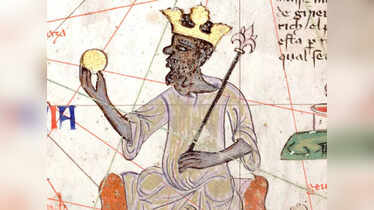
Mansa Musa
Mansa Musa, the 14th-century emperor of the Mali Empire, is often regarded as the richest person in history. His wealth, primarily derived from the abundant gold mines of West Africa, was legendary. During his famous pilgrimage to Mecca in 1324, Musa distributed so much gold that it caused inflation in the regions he passed through. His reign saw the flourishing of Timbuktu as a center of trade, culture, and education, cementing his legacy as a benevolent and prosperous ruler.
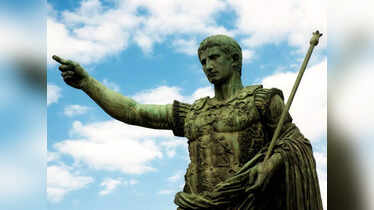
Augustus Caesar
Augustus Caesar, the first emperor of Rome, reigned from 27 BC to AD 14. His wealth was immense, estimated to be equivalent to one-fifth of the Roman Empire’s economy. Augustus’s fortune came from his control over vast territories, taxes, and personal estates. He used his wealth to fund public works, including roads, temples, and aqueducts, which helped solidify his power and the stability of the Roman Empire.
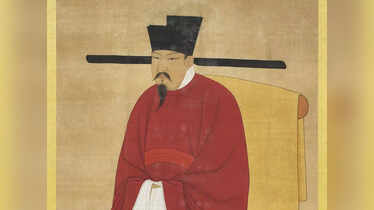
Emperor Shenzong
Emperor Shenzong of Song, who ruled China from 1067 to 1085, was one of the wealthiest monarchs of his time. His reign was marked by economic prosperity and significant advancements in technology and culture. The Song Dynasty’s economy was bolstered by innovations in agriculture, trade, and industry. Shenzong’s wealth enabled him to support extensive public works and military campaigns, contributing to the dynasty’s strength and stability.
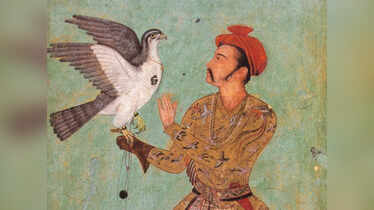
Akbar the Great
Akbar the Great, who ruled the Mughal Empire from 1556 to 1605, was known for his immense wealth and administrative prowess. His empire, which covered much of the Indian subcontinent, was one of the richest in the world. Akbar’s wealth came from a well-organized taxation system and control over lucrative trade routes. He invested in grand architectural projects, including the construction of Fatehpur Sikri, and promoted cultural and religious tolerance.
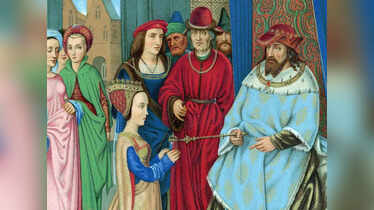
King Solomon
King Solomon, the biblical ruler of Israel, is renowned for his wisdom and wealth. His reign, which is traditionally dated to the 10th century BC, saw the construction of the First Temple in Jerusalem. Solomon’s wealth came from extensive trade networks, tribute from other nations, and the exploitation of natural resources. His legendary riches and wise governance made him a central figure in Jewish, Christian, and Islamic traditions.
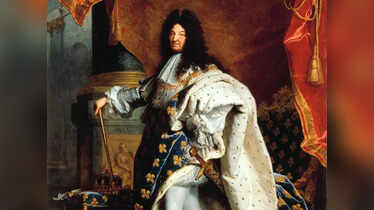
Louis XIV
Louis XIV, known as the Sun King, ruled France from 1643 to 1715. His reign is synonymous with absolute monarchy and opulence. Louis XIV’s wealth was derived from the centralized control of the French economy, including taxation and state monopolies. He used his fortune to build the extravagant Palace of Versailles, which became a symbol of his power and the grandeur of his reign. His lavish spending, however, also contributed to France’s financial troubles.
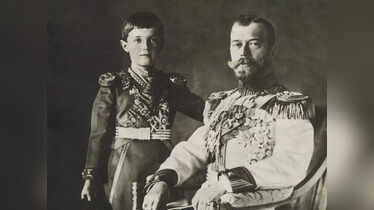
Tsar Nicholas II
Tsar Nicholas II, the last emperor of Russia, reigned from 1894 to 1917. His wealth was vast, with significant holdings in land, palaces, and the Russian treasury. Nicholas II’s fortune was bolstered by the vast natural resources of the Russian Empire, including oil and minerals. Despite his immense wealth, his reign ended in tragedy with the Russian Revolution, leading to his abdication and eventual execution.
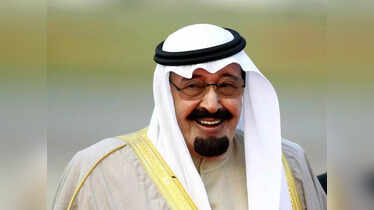
King Abdullah bin Abdulaziz
King Abdullah bin Abdulaziz of Saudi Arabia, who ruled from 2005 to 2015, was one of the wealthiest modern monarchs. His wealth, estimated at over $18 billion, came from the country’s vast oil reserves. Abdullah used his fortune to implement significant economic and social reforms, including investments in infrastructure, education, and healthcare. His reign saw Saudi Arabia’s continued prominence in global oil markets and regional politics.
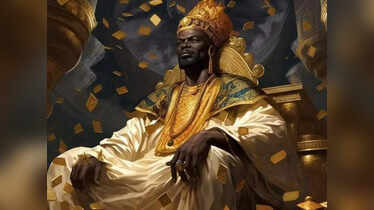
How was Mansa Musa so wealthy?
Mansa Musa’s immense wealth primarily stemmed from the abundant natural resources within his empire, particularly gold and salt. Mali was home to some of the richest gold mines in the world, and Mansa Musa capitalized on this by establishing extensive trade networks that connected West Africa to Europe, the Middle East, and Asia. Additionally, he expanded his empire significantly, incorporating key trade cities like Timbuktu, which became cultural and economic hubs under his reign. His famous pilgrimage to Mecca in 1324 showcased his wealth to the world, as he traveled with a lavish caravan and distributed gold generously along the way, further solidifying his legendary status.
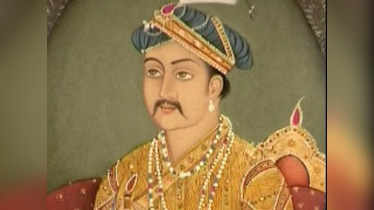
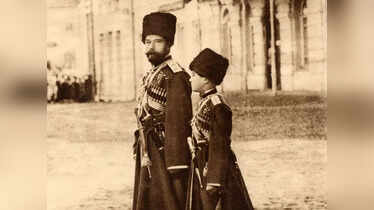
The fall of Tsar Nicholas II
The fall of Tsar Nicholas II marked the end of over three centuries of Romanov rule in Russia. Amidst the turmoil of World War I and widespread discontent with his autocratic regime, Nicholas II faced mounting pressure from all sides. The February Revolution of 1917 was a pivotal moment, as strikes and protests erupted in Petrograd, leading to a mutiny among the troops. With the situation spiraling out of control, Nicholas II was forced to abdicate on March 15, 1917, in favor of his brother, Grand Duke Michael, who declined the throne, effectively ending the monarchy. The abdication was followed by the Bolshevik Revolution later that year, sealing the fate of the Romanov family, who were executed in 1918. This dramatic shift paved the way for the establishment of the Soviet Union and a new era in Russian history.
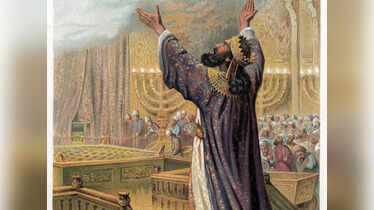
The judgement of Solomon
The Judgment of Solomon is a famous biblical story that showcases King Solomon’s wisdom. According to the narrative, two women came to Solomon, each claiming to be the mother of the same baby. To resolve the dispute, Solomon proposed to cut the baby in half, giving each woman one half. One woman agreed to the proposal, while the other pleaded to give the baby to her rival, preferring the child to live even if it meant losing him. Solomon then declared the second woman as the true mother, recognizing her selfless love and willingness to sacrifice for the child’s well-being. This judgment not only resolved the conflict but also demonstrated Solomon’s profound wisdom and understanding of human nature.
Source: Times of India




